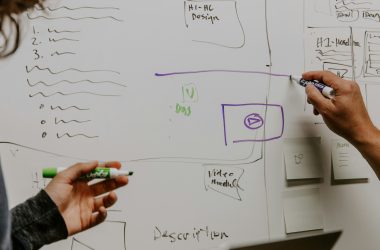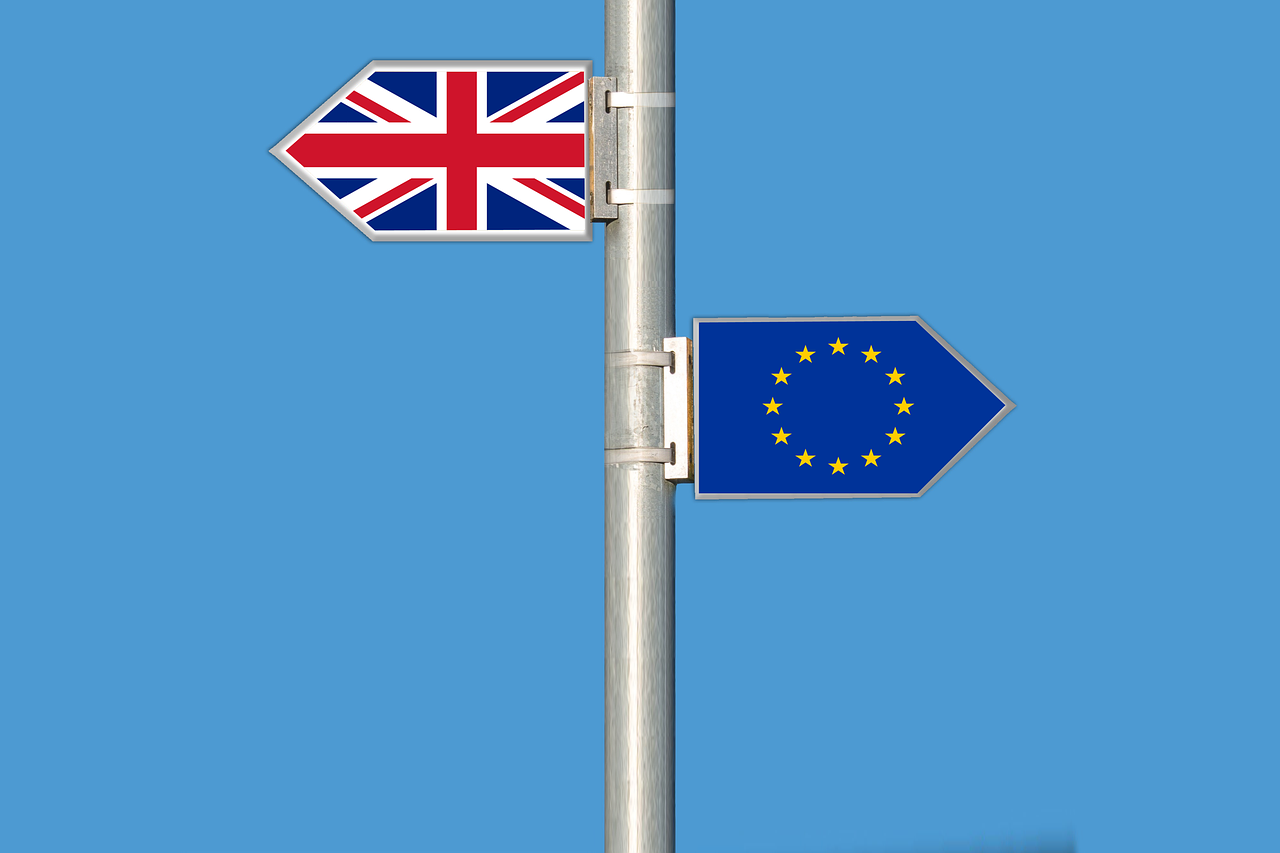LASIT, a leader in laser marking technology, is pioneering an ecological revolution in the industrial sector. Their innovative solutions require no consumables such as inks, dyes, or solvents, resulting in lower production costs and a smaller carbon footprint.
The company has developed ‘Natural Branding’, a technique which uses lasers to mark produce such as potatoes, sweet potatoes, coconuts, and melons. This eliminates the need for stickers, dramatically cutting down on paper, glue, and ink usage. In comparison, laser marking produces less than 1% of the carbon emissions required to produce a sticker of the same size, significantly reducing energy consumption.
Laser technology has also enabled the creation of superhydrophobic surfaces, which mimic the self-cleaning properties of lotus leaves. With applications ranging from smartphone screens to solar panels, these surfaces help to reduce water usage and enhance solar efficiency.
LASIT is also pioneering a revolutionary metal cleaning process. This removes unwanted elements such as paint, rust, and insulation from surfaces, without using harsh chemicals. This extends the lifespan of materials, promoting recycling, and reduces the environmental burden of chemical disposal.
Finally, laser templating for interior building products eliminates the need for traditional materials like wood, saving trees and resources. Currently, this technology is saving over 55,000 trees annually.
In short, LASIT’s laser technology is not just about precision and efficiency; it’s about responsibility towards the planet. Their innovations demonstrate that industrial processes can be both high-performing and eco-friendly, setting a new standard for the industry and contributing significantly to global sustainability efforts.
LASIT’s commitment to a greener tomorrow is clear, with their groundbreaking laser technology leading the way towards a sustainable future.






